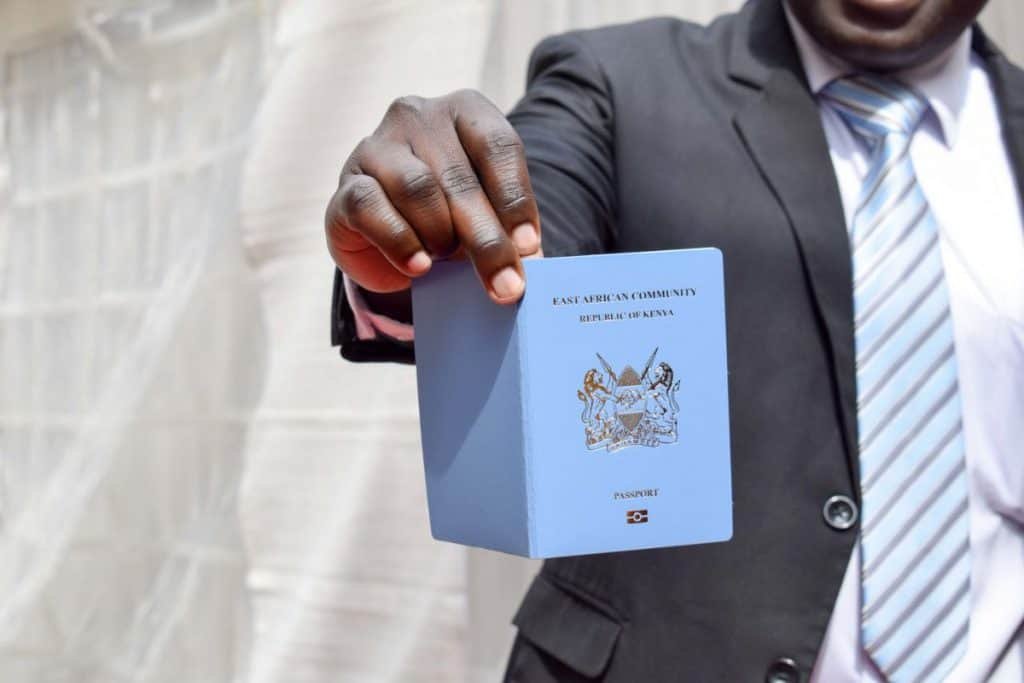Americans are involved in the Israeli-Palestinian conflict for several reasons, reflecting political, historical, strategic, and cultural factors:
- Historical and Religious Ties: The United States has historical and religious ties to the region. Many Americans view Israel through the lens of shared religious and cultural connections, particularly with Judaism. The idea of a Jewish homeland in the biblical land of Israel has resonated with many Americans.
- Holocaust and Guilt: The horrors of the Holocaust during World War II had a profound impact on American consciousness. The U.S. played a key role in liberating concentration camps, and this history has contributed to a sense of moral responsibility to support the Jewish state of Israel.
- Lobbying and Advocacy: Pro-Israel advocacy groups, such as AIPAC (American Israel Public Affairs Committee), have a significant influence on American politics. They work to ensure strong U.S.-Israel relations and promote Israel’s interests within the United States.
- Strategic Interests: The U.S. considers Israel a strategic ally in a volatile region. It has shared military, intelligence, and technological cooperation with Israel. Israel’s presence in the Middle East aligns with broader American security and geopolitical objectives.
- Domestic Politics: Support for Israel is an issue that garners significant attention in American domestic politics. Politicians are keenly aware of the interests of pro-Israel constituents, contributing to a strong bipartisan consensus in favor of Israel.
- Economic and Technological Ties: The United States has economic and technological ties with Israel, benefiting from Israeli innovations and investments in various sectors.
- Global Diplomacy and Conflict Mediation: The U.S. sees itself as a global leader and seeks to play a role in resolving conflicts, including the Israeli-Palestinian conflict. This role has often aligned with broader American interests in maintaining stability in the Middle East.
- International Influence: As one of the five permanent members of the United Nations Security Council, the U.S. has the ability to shape international discourse and decisions related to the conflict.
- Moral and Humanitarian Concerns: Americans are often concerned about the humanitarian and human rights aspects of the conflict. This includes the welfare of both Israelis and Palestinians. The United States has, at times, sought to use its influence to address these concerns.
- Media and Public Opinion: The Israeli-Palestinian conflict receives extensive media coverage in the United States. Public opinion on the issue can influence government decisions, as politicians are responsive to the views of their constituents.
While American involvement in the Israeli-Palestinian conflict is multifaceted and complex, it’s essential to understand that it stems from a combination of strategic, historical, domestic, and cultural factors that have shaped U.S. foreign policy and engagement with the region for decades.








